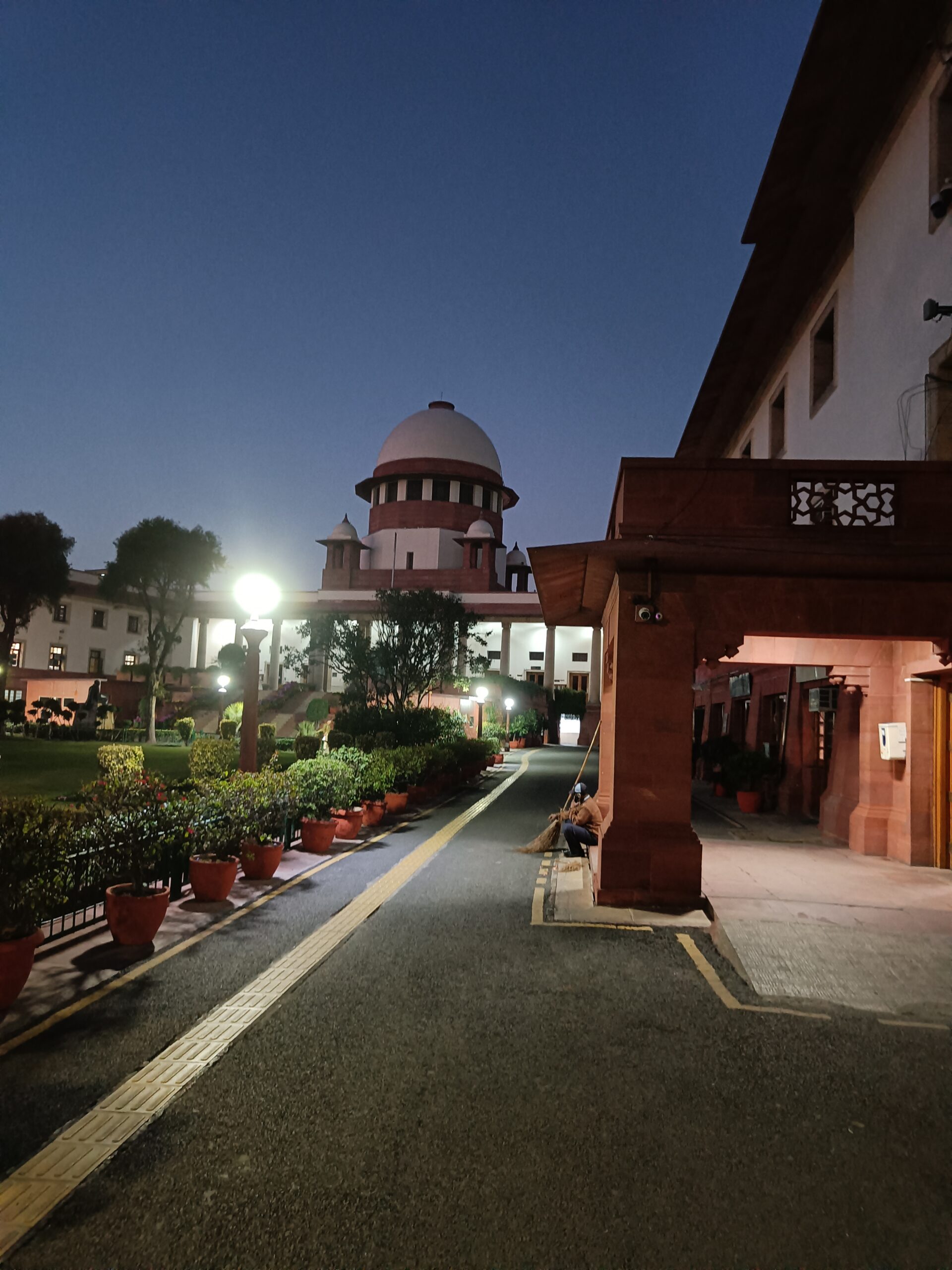The Supreme Court stated that an appellant must exhaust all available remedies before approaching the SC under Article 136.
Title: State of Bombay v. M/s Ratilal Vadilal and Bros.: Exhaust Remedies Before Invoking Article 136 Jurisdiction
The case of State of Bombay v. M/s Ratilal Vadilal and Bros. (1961) 2 SCR 367 emphasized the importance of exhausting all available remedies before approaching the Supreme Court under Article 136. The Court stated that bypassing the High Court and directly invoking Article 136 jurisdiction is generally discouraged.
A recent case, Ibrat Faizan v. Omaxe Buildhome Private Limited (2022 INSC 573), was examined. In this case, the appellant filed a consumer complaint before the State Consumer Disputes Redressal Commission (SCDRC) against the respondent for not delivering a flat within the agreed time. The SCDRC ruled in favor of the appellant, directing the respondent to deliver the flat and pay compensation with interest.
The respondent appealed to the National Consumer Disputes Redressal Commission (NCDRC) and subsequently filed a writ petition before the High Court. The appellant contended that the writ petition under Article 227 was not maintainable, and only an appeal should be filed under the Consumer Protection Act. The respondent argued that the Act did not provide appeal provisions for NCDRC orders and thus the writ petition was appropriate.
The Supreme Court clarified that the NCDRC can be considered a “Tribunal” vested with judicial powers to determine disputes. Appeals to the Supreme Court are allowed only for certain types of NCDRC orders. If an appeal under Article 136 is not provided, the party should approach the High Court under Article 227 for redress. This ensures access to justice at a lower cost compared to an appeal under Article 136.
The Court emphasized that while exercising powers under Article 227, the High Court should act within its limited supervisory jurisdiction. It cautioned against granting interim stays unless warranted by exceptional circumstances.
In the present case, the Supreme Court directed the petitioner to first approach the jurisdictional High Court through a writ petition under Article 226 or a petition invoking Article 227. After the High Court’s decision, either party can file a special leave petition under Article 136 for further appeal.
The Court also noted that the petitioner’s deposited amount, made for the stay of the NCDRC order, would be refunded by the Supreme Court’s Registry.
Keywords: State of Bombay v. M/s Ratilal Vadilal and Bros., Article 136, Consumer Protection Act, Ibrat Faizan v. Omaxe Buildhome Private Limited, SCDRC, NCDRC, High Court, Article 227, Supervisory Jurisdiction, Tribunal.
M/S UNIVERSAL SOMPO GENERAL …PETITIONER(S)
INSURANCE CO. LTD.
VERSUS
SURESH CHAND JAIN & ANR. …RESPONDENT(S) decided by the Supreme Court on 26.07.23
